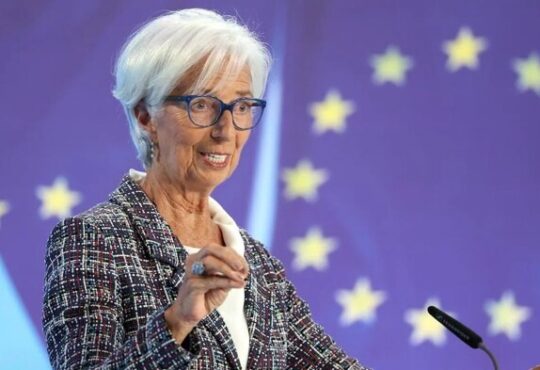
The EU’s executive European Commission proposed the changes in a draft law updating rules on clearing derivatives to better withstand shocks after governments had to help some energy companies meet higher margins on derivatives.
“To build resilience, the lessons drawn from the recent developments in energy markets, with several energy companies facing liquidity issues when using derivatives, need to be taken into account,” the draft EU law published on Wednesday said.
Energy and other commodity firms use derivatives markets to hedge sales and shield themselves against volatile price moves.
Brussels has already introduced a package of quick fixes, such as widening what can be used as collateral to meet margin calls, but said more structural changes were now needed.
One lesson from recent turmoil in energy markets is to scrap an exemption given to non-financial firms from reporting their off-exchange derivatives trades. The aim is to give regulators more data on markets, the draft law says.
There will also be more emphasis on making sure energy firms are aware of potentially higher margin calls in a market crisis.
The draft law also requires the bloc’s securities watchdog ESMA to compile a report and cost benefit analysis on whether clearing houses should have “segregated” or separate accounts for non-financial and financial sector members to avoid cross-sector contagion in a crisis.
The volume threshold at which mandatory clearing of derivatives contracts kicks in should also be looked at.
“ESMA is encouraged to consider and provide, inter alia, more granularity for commodity derivatives,” the draft law says.
They could also be differentiated in relation to environmental, social and governance criteria, environmentally sustainable investments or crypto-related features, it said.
(Reporting by Huw Jones; editing by David Evans)
By Huw Jones






